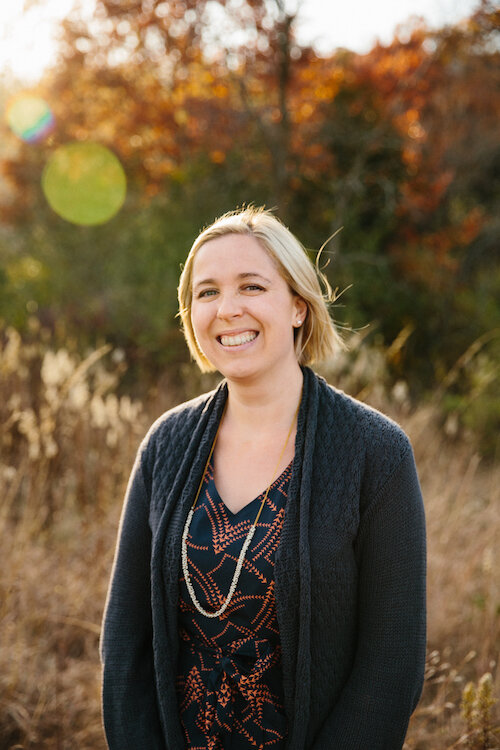Is a Creative Writing MFA Worth It?
Former literary agent, now a freelance editor, writing teacher, and IP/story developer for major publishers and creators.
By Mary Kole
For many writers, the idea of pursuing a creative writing MFA is both exciting and intimidating. You might be wondering, is it worth the investment of time and money? Or, how would an MFA help you grow as a writer? Let’s take a closer look at the pros and cons of getting a creative writing MFA so that you can make an informed decision.
Pros of Getting a Creative Writing MFA
One of the main benefits to getting a creative writing MFA is that a program at this level provides structure to your learning and writing process. With an MFA, you get feedback from experienced faculty members on your work, which can help you develop your skills as a writer and hone your craft. Creative writing MFA programs also challenge you to think critically about literature and writing topics—such as narrative structure or character development—which can be invaluable for aspiring authors. Additionally, an MFA gives students access to resources such as libraries, writing centers, publishing opportunities, or even internships with local publishers.
On top of all these advantages, a creative writing MFA also gives writers the opportunity to pursue their passion for writing full-time for two years in a supportive environment surrounded by other passionate writers. Being part of this writing community can open doors that would otherwise remain closed and provide invaluable networking
Cons of Getting a Creative Writing MFA
One downside to getting a creative writing MFA is the cost. Many programs are expensive and require additional fees for things like materials or technology. Moreover, since most creative writing MFAs are two-year programs, they can take up valuable time that could be spent writing or working on other projects outside of school that could pay off financially down the road—whenever you choose to devote your time to something, there could be opportunity loss in another area of your life.
Lastly, although there are some exceptions out there, many creative writing MFA programs do not guarantee job placement after graduation—so it’s important to weigh this factor when making your decision about whether or not to pursue one.
At the end of the day, deciding whether or not to pursue a creative writing MFA comes down to personal preference and individual goals; if someone wants more structure during their writing process or needs assistance developing their storytelling craft then it may be worth investing in one.
On the other hand if someone already has some experience under their belt and wants more freedom when it comes to their writing projects then perhaps seeking out informal mentorships or taking classes at local universities could suffice instead without having to commit two years exclusively towards obtaining a degree in creative writing. Writing workshop intensive programs like Story Mastermind can also offer some of the benefits of creative writing MFA programs, without the downsides … and cost.
It’s up to you how you want to learn and grow on your writing journey, and you should know that options exist outside of the traditional track.
Want writing guidance, feedback, and accountability?
Self-guided writing study is great, but can only take you so far. Apply to Story Mastermind—a small group workshop intensive for your novel, memoir, outline, or picture book idea. Achieve a robust outline or draft, or a portfolio of picture books, in a rigorous but supportive environment. Imagine how much closer you can be to your writing goals after participating in Story Mastermind.

